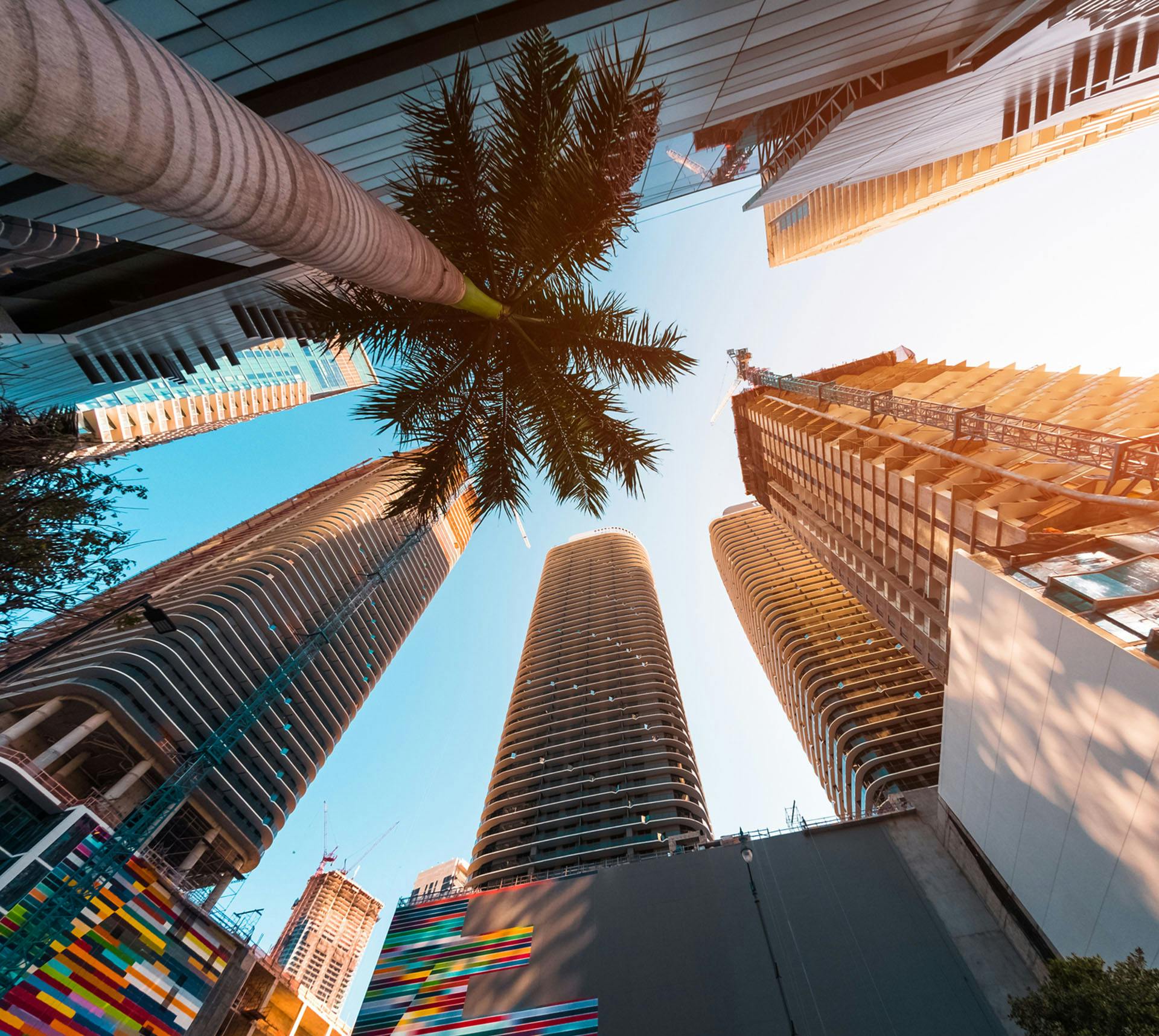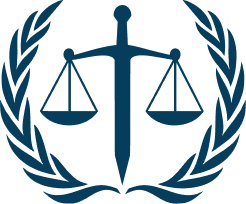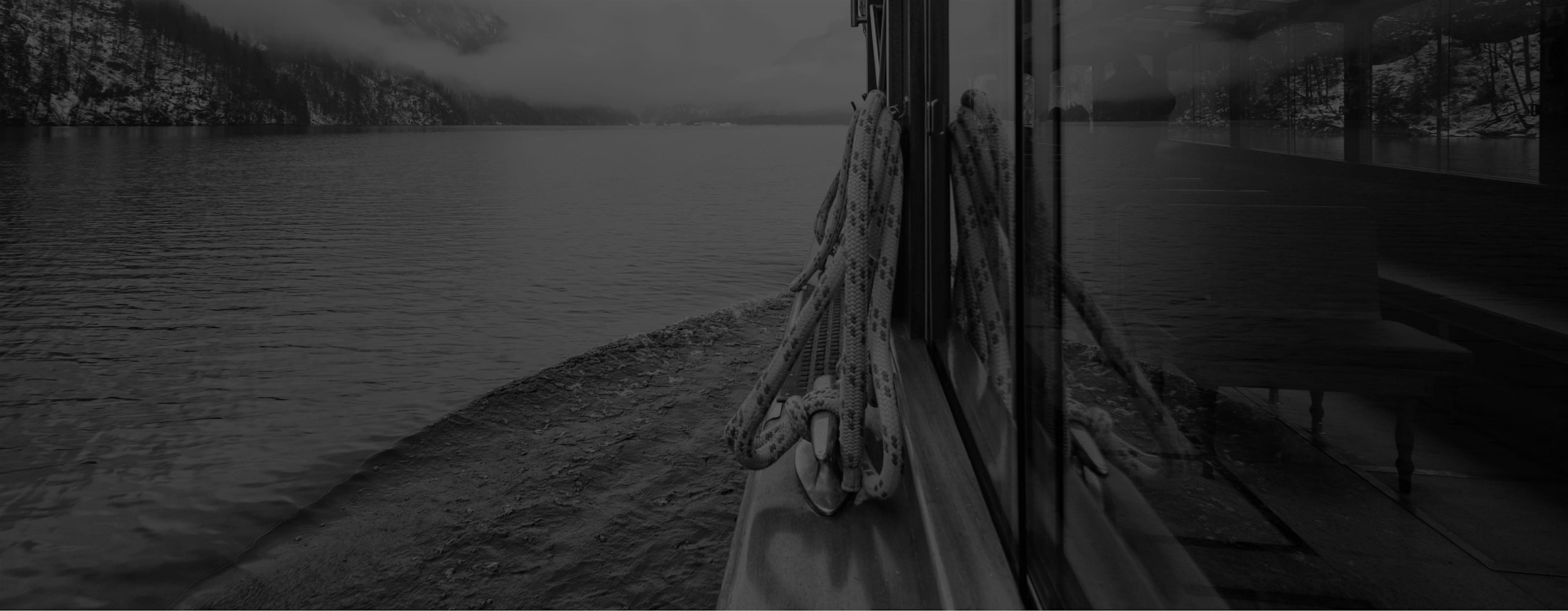Non-Economic Damages
Non-economic damages (sometimes referred to as “general” damages) are subjective. In Florida, non-economic damages generally include:
- Pain and suffering
- Disability
- Physical impairment
- Disfigurement
- Mental anguish
- Emotional distress
- Humiliation
- Worsening of prior injuries
- Loss of enjoyment of life
- Loss of consortium (loss of comfort and services of spouse)
Unlike economic damages, there are no documents and records that can be used to quantify the monetary value of the losses. As a result, calculating non-economic damages in a premises liability case can be complicated and many factors will necessarily come into play.













